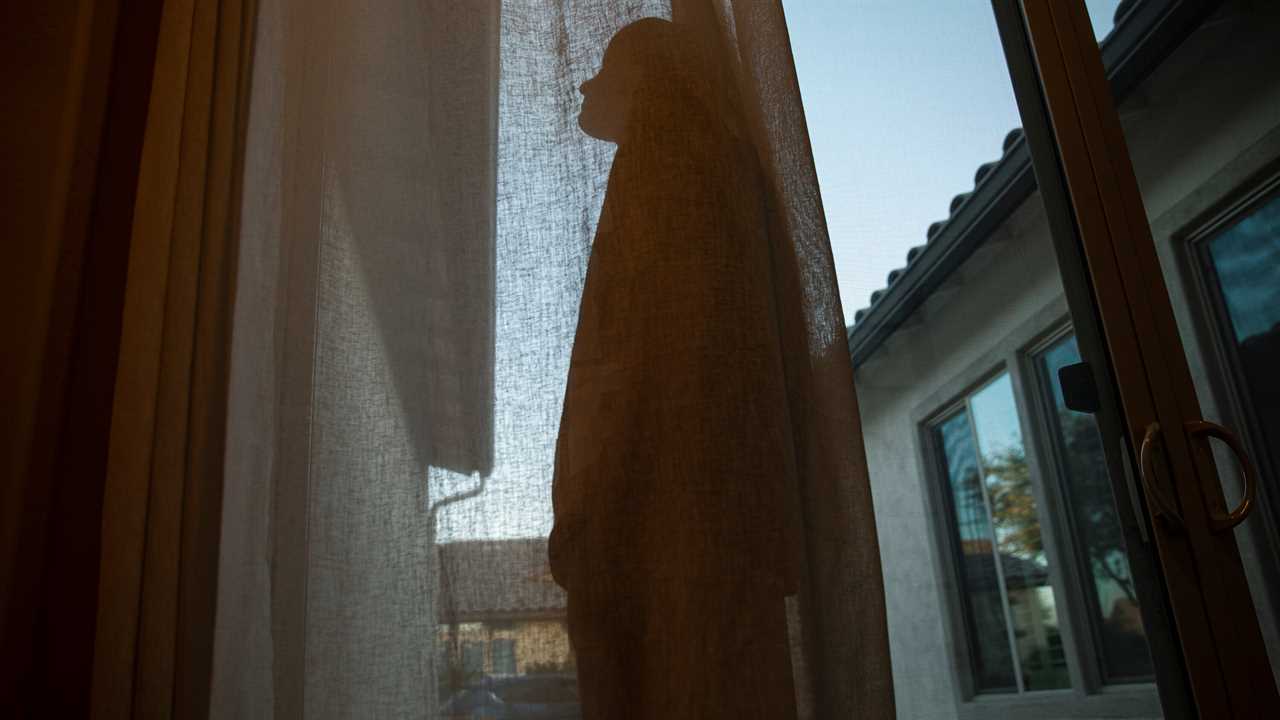
WASHINGTON — Courtney Grund, whose husband died of Covid-19 in August, got an alarming text message last week: Her 16-year-old son was “talking about self-harm,” according to the message, sent by his friend. She quickly signed him up for grief counseling, she said in a tearful interview, using her maiden name to protect his privacy.John Jackson, a disabled veteran on a fixed income, said he had struggled to find help for his 14-year-old daughter, whose mother died in the pandemic. “I can see it in her, where she’s suffering,” he said.Pamela Addison, a reading teacher whose husband died, said she felt fortunate that she could afford therapy — $200 a session out of pocket — for her grieving 3-year-old.Although Congress has allocated trillions of dollars to combat the pandemic, including more than $100 million for existing children’s mental health programs and $122 billion for schools, the Biden administration and lawmakers have not yet created initiatives specifically for the tens of thousands of children who have lost parents and primary caregivers to Covid-19.Behind the scenes, leaders of a bipartisan coalition of experts in education, the economy and health — backed by wealthy philanthropies and headed by two former governors, Dirk Kempthorne of Idaho, a Republican, and Deval Patrick of Massachusetts, a Democrat — have been meeting with White House officials, urging them to do more.On Thursday — just two days after the surgeon general warned that young people were facing “devastating” mental health issues related to the pandemic — that group, the Covid Collaborative, will release a report estimating that more than 167,000 children in the United States have lost parents or in-home caregivers to the disease.The collaborative is asking President Biden to initiate a national campaign to identify these children and, with help from the private sector, take steps to improve their emotional and economic well-being. Its recommendations include offering them mental health care and creating a “Covid Bereaved Children’s Fund,” similar to a fund established after the Sept. 11 attacks, to provide up to $10,000 to families in need.“The president is uniquely positioned to put an official imprimatur on the call in this report to coordinate all resources, public and private, at every level of government and every level of the private sector and philanthropy to help these children,” Mr. Patrick said in an interview.“It’s a tragedy not of their making,” he added, “but they’re our kids. They belong to us, and all we are saying is, ‘Let’s act like it.’”The report, titled “Hidden Pain,” estimates that more than 70 percent of the bereaved children are 13 or younger. It is based on federal data and a modeling study led by Dan Treglia, a social policy researcher at the University of Pennsylvania.Communities of color are disproportionately affected. Dr. Treglia, who is also part of the collaborative, said racial and ethnic disparities in caregiver loss from Covid-19 exceeded the already stark disparities in coronavirus deaths.Parents and young people left behind said the push by the Covid Collaborative was welcome news, if only to force officials in Washington to recognize this new cohort of bereaved children.Ms. Grund picked up her son from school last week after she got the text from his friend; he has not yet returned.He went to his first group therapy session Tuesday evening. In an interview, he said he was having mood swings and suicidal thoughts, and had not wanted to leave his room. He would like to see initiatives that better equip teachers and school officials to help grieving students.ImageMs. Grund with her son and Georgie, their therapy dog. Her son said he would like to see initiatives that better equip teachers and school officials to help grieving students.Credit...Adriana Zehbrauskas for The New York Times“No one knew how to deal with what I was going through, so it was hard for the teachers to communicate to me,” he said, adding that while he could talk to his friends, it had not helped much. “I can share with them, but it’s in one ear and out the other,” he said. “They don’t completely understand and, like, process the whole situation.”A spokeswoman for the Department of Health and Human Services, Kirsten Allen, said the administration “has made a number of investments and launched several initiatives covering a wide range of mental health priorities — including support for children who have lost parents.”She cited the surgeon general’s advisory and the expansion of several existing programs. In May, for example, the department announced it was releasing $14.2 million, allocated by Congress through the American Rescue Plan, to expand access to pediatric mental health care. The rescue plan alsoBy: Sheryl Gay Stolberg
Title: Children, Coping With Loss, Are Pandemic’s ‘Forgotten Grievers’
Sourced From: www.nytimes.com/2021/12/09/us/politics/children-lost-parents-caregivers-pandemic.html
Published Date: Thu, 09 Dec 2021 10:00:16 +0000
Read More
 UK PoliticsWorld PoliticsVideosPrivacy PolicyTerms And Conditions
UK PoliticsWorld PoliticsVideosPrivacy PolicyTerms And Conditions
